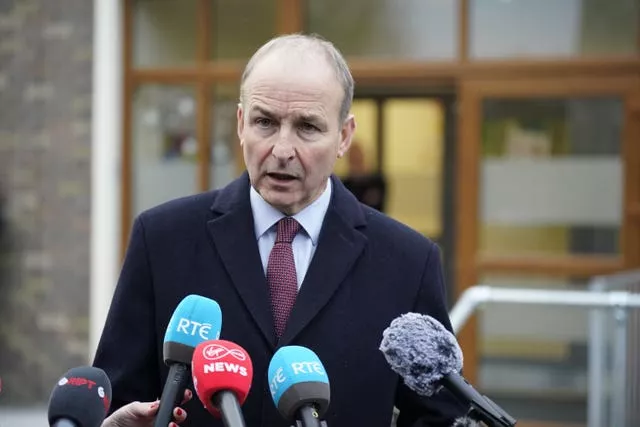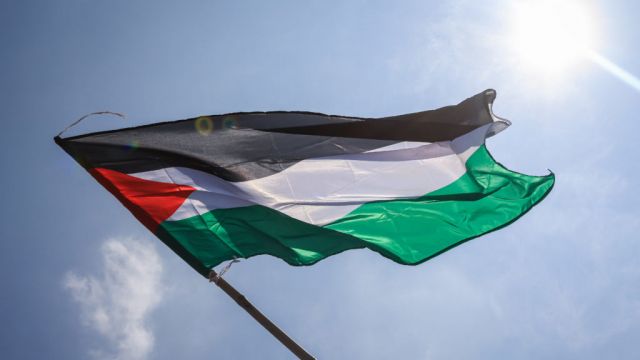The Minister for Justice has voiced support for Ireland joining South Africa’s genocide challenge against Israel in the UN’s top court.
Helen McEntee said she was personally in favour of joining the case but acknowledged the Government first needed to take time to study all aspects of the case following the interim ruling by the International Court of Justice (ICJ).
The ICJ ordered Israel to prevent genocidal acts in Gaza but stopped short of ordering a ceasefire.
It could be years before the case reaches final judgment.
Following the interim ruling, Táinaiste Micheál Martin said the Government would “strongly consider” an intervention in South Africa’s case as it proceeds, but not before it carried out a detailed analysis.

Ms McEntee expressed her view on joining the case on Sunday.
“Personally I would like us to,” she told RTÉ Radio One’s This Week programme.
“I am very much aware that we need to do so on a correct legal basis. I mean, what you are doing essentially is accusing another country of genocide.
“You need to know the facts, you need to understand what it is that you’re fighting this case on. And, so, I welcome that ruling that happened this week.
“Personally, I would have liked to have seen it gone further in terms of the ceasefire. It didn’t and I fully respect the ruling that was made.
“But we have to study this now. We can’t just jump in without understanding the facts. But Government has given a clear commitment that we will do that.”
Ms McEntee highlighted that Ireland is already involved in a legal case focused on illegal Israeli settlements in the West Bank.
“In fact, our attorney general will present at that case next week,” she added.
“I would repeat what the Taoiseach (Leo Varadkar) said this week – a court ruling does not stop a war. A war, you know, is concluded where there is a military victory or where you have diplomacy.”
She said the Government would use every opportunity it could to press for a ceasefire, to ensure humanitarian aid reaches millions of people in a “catastrophic situation” in Gaza and all hostages are released unconditionally.
On Saturday, Mr Martin made clear Ireland has no plans to suspend funding for the UN’s relief agency in Gaza amid Israeli claims some employees participated in the Hamas attacks of October 7th.

The Tánaiste said he backed the decision by the United Nations Relief and Works Agency (UNRWA) to take action against those staff suspected of involvement in what he described as the “heinous” attacks by Hamas.
However, he said Ireland did not intend to follow the likes of the US and UK in suspending funding to the agency.
UNRWA is playing a central role in providing aid for Gazans amid the ongoing Israeli offensive in the enclave.
The agency’s chief, Philippe Lazzarini, said it had terminated contracts with “several” employees and ordered an investigation after Israel provided information alleging they played a role in the Hamas assault.
The US state department has said the allegations relate to 12 employees.
As well as the UK and US, countries like Australia, Italy and Canada have also temporarily paused funding for UNRWA.
In another development related to the conflict, Sinn Féin TD Pearse Doherty has defended his party’s decision to proceed with its St Patrick’s Day engagements in Washington.
The party had been under pressure from some pro-Palestinian activists in Ireland to boycott the annual events in protest at the US’s ongoing backing for Israel amid the conflict in Gaza.
On Sunday, Mr Doherty insisted Sinn Féin would use the visit to voice its concerns to the US administration.
“We will never shirk from that responsibility,” he told RTÉ.
“When we have been in the United States, whether it was during the war in Iraq, whether it was in relation to other foreign policy differences that we would have – and many of them that we have with America – we always will raise the issues of those who we feel are being persecuted across the world, and we’ll do that again this year, and I would call on the Irish government to do the same.”







